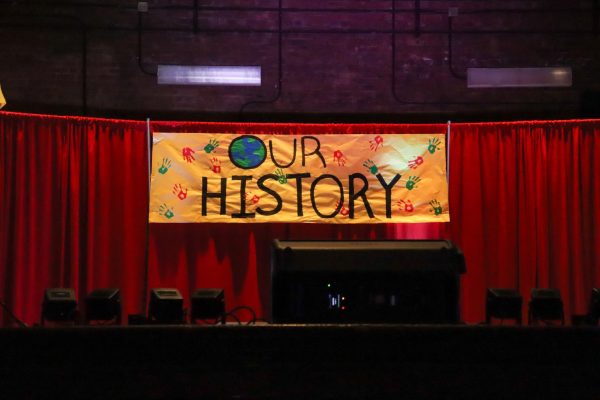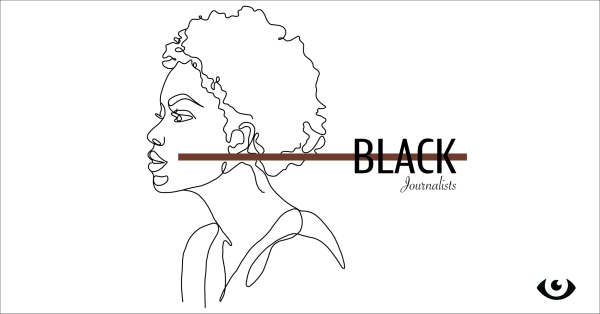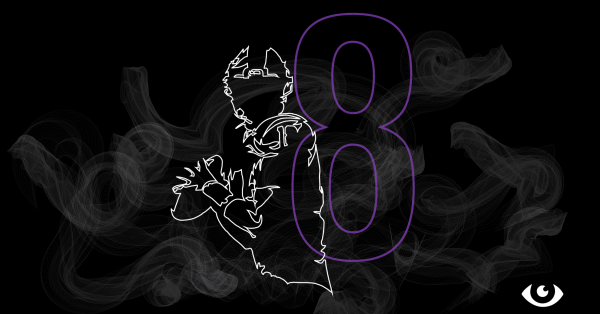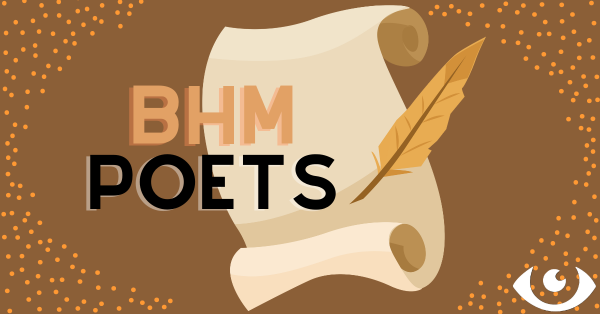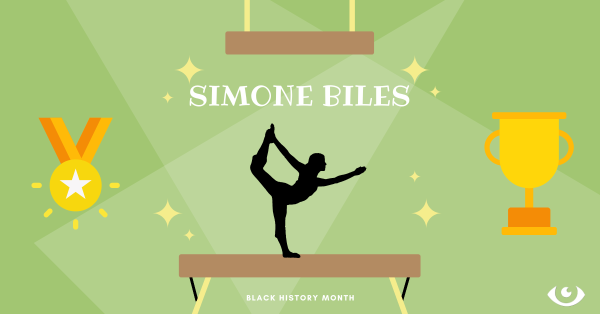BHM: History of black voting rights in America
Shortly after the Voting Rights Act of 1964, many more Black people were free to vote without obstruction. Photo by Marion Trikosko on Unsplash.
February 28, 2023
Voting rights may not be guaranteed in our First Amendment, but suffrage is an integral part of being an American. The principles of democracy, liberty and freedom are all predicated on the assumption that all men are created equal, just as the Declaration of Independence stated over 250 years ago. This equality, or lack thereof, is prevalent throughout American history. Black people especially have been slighted time and time again by the systematic oppression that permeates our society.
As the 153rd anniversary of the 15th Amendment passes, we look back and remember the painstaking road to equal voting rights.
1870: The 15th Amendment is ratified by Congress, granting Black men the right to vote in America for the first time. This statue would be upheld and protected by Union forces in the Deep South during Reconstruction, allowing the new voters to cast their ballots in peace. This development also led to a marked increase in African Americans holding public office, as now their constituencies finally had a say in the governmental process of voting.
1876: Radical Reconstruction ends with the Compromise of 1876, in which incumbent President Rutherford B. Hayes made a private deal with the South to pull troops out in return for electoral support. This meant that nobody was left in the Deep South to protect the voting rights of Black individuals. The first iteration of the KKK was able to intimidate and stifle many Black voters, limiting their civil liberties with no repercussions.
1895: Booker T. Washington delivers his “Atlanta Compromise” speech, the first such speech given to a racially mixed audience in the South by a Black man. He advocated for equal rights across all partitions, including the freedom to vote unopposed and without fear of retaliation.
1905: W.E.B Dubois and other early civil rights leaders met at Niagara Falls to discuss segregation in America. Their planning helped to later form the National Association for the Advancement of Colored People (NAACP). This organization still assists in advocating for civil rights to this day, as now they fight primarily on behalf of police brutality victims, and structural racism as a whole.
1913: The first suffragette parade is held in Washington D.C, spearheaded by Ida B. Wells-Barnett. She was the only Black representative for Illinois, as the National American Women’s Suffrage Movement was almost exclusively organized by White women. She saw woman suffrage as a means for Black women to become politically involved, and help elect African Americans to influential offices.
1964: On Jan. 23, the 24th Amendment was ratified. This eliminated the use of poll taxes and other fees that had limited voting rights in the past. These discriminatory practices were used especially in the South, where Black citizens were kept in abject poverty and forced to pay absurd prices to register and cast their ballots. On July 2, the Civil Rights Act of 1964 was passed, legally eliminating discrimination based on sex, race, ethnicity or religion. This ended the Jim Crow era of “separate but equal” segregation in the South, and overturned the Plessy v. Ferguson Supreme Court ruling that allowed discriminatory practices.
1965: The Voting Rights Act of 1965 is signed into law by Lyndon B. Johnson, banning literacy tests, and allowing further government intervention on the issue of discriminatory voting practices. Federal oversight was provided for all constituencies with less than 50 percent of their non-White population registered to vote. The U.S Attorney General was also able to investigate the pervasive use of illegal poll taxes, which were still common following their ban in 1964.









